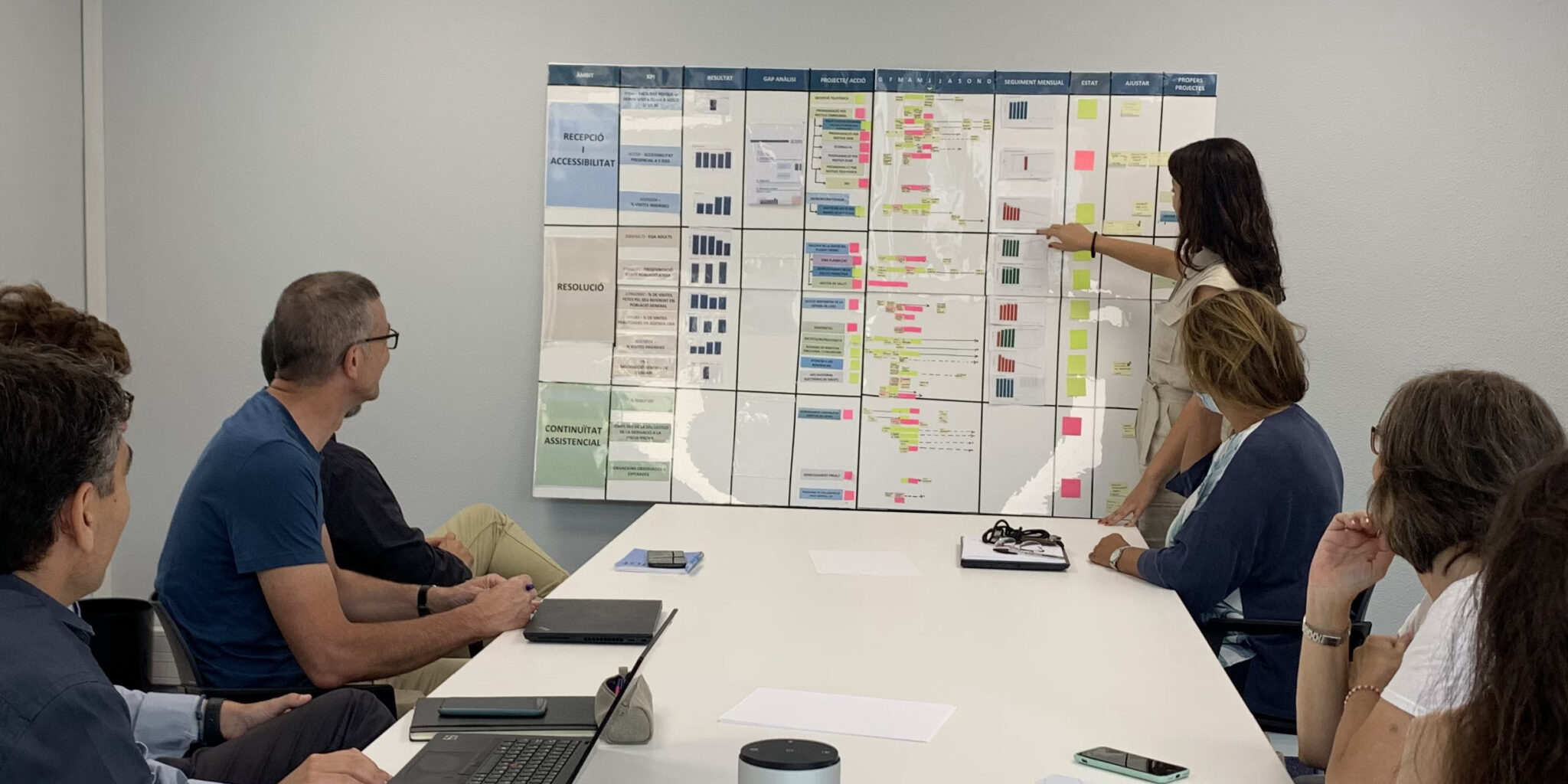
Attila Tószegi on running a lean elementary school
COLUMN - In the second article of our series, the director of an elementary school in Budapest tells us how using PDCA can help to improve education and provide students with the right skills.
Words: Attila Tószegi, Director, Herman Otto Elementary School
My experience with lean is fairly unconventional. One could say I have been using it for years without really knowing it. As the director of an elementary school in Budapest, I can’t say I’ve been exposed to a lot of lean thinking over the years – still, my attempt to transform the way Herman Otto Elementary School educates students has been fuelled by concepts such as collaboration, communication, critical thinking, and creativity. We call them the 4Cs. And aren’t these defining elements of a lean organization?
What distinguishes us from other schools is our strong focus on competence-based education, which is now the center of our universe. My vision for the school was shaping up when Microsoft invited Herman Otto to join its Partners in Learning Network, whose mission is to revolutionize education by providing teachers with innovative programs and developing them. Needless to say, when I told parents and teachers, everybody got really excited.
Our aim is to provide our students with a survival kit for the 21st century, and this means that we put emphasis on certain capabilities in addition to teaching the traditional subjects (for each of them we have a yearly plan, and we rethink the way we teach them based on the 4Cs). We teach our students to solve problems, to think critically, to communicate and collaborate effectively, to build teams, to use modern technologies, and so on.
We have always been an excellent school. We have been around since 1911, and our greatest goal is to build on that century-old tradition of excellence in education to pave the road into the next 100 years for our students. Our motto perfectly epitomizes this drive, using the words of Otto Herman: “Be proud of what you were and try to improve what you are.” Fitting, right?
I may have read my first book on lean in April this year, after being invited to give a talk at the International Lean Summit organized by the Lean Enterprise Institute Hungary, but PDCA has been at the core of our operations for well over a decade. We are now at a point where all teachers fully grasp the PDCA cycle and use it on a regular basis.
Speaking of teachers, it’s by developing them that the school has been able to make great strides over the past few years. They are our biggest strength. My relationship with them has changed dramatically over time: everything we do is now a joint effort, which gives us strength. With the new principles a lot of problems have disappeared and a lot of ideas have been brought in.
We work together and collaborate to achieve results. And there have been many to report. For example, in the past 20 years, the number of students at the school has increased by 48% to almost 700. Between 2008 and 2013 the total costs of running the school have gone down by 8% per student, from 484k HUF to 445k HUF (that’s €1,586 to €1,458).
We also rank among the 300 best schools in Hungary, which is reflected by the fact that we have seen a few families move to the area so that their children could be enrolled at Herman Otto.
We realize we have a responsibility towards the 80 kids that complete their studies at our school each year and start their lives. They need the right skills to meet the challenges the world will throw at them, and as a school we have a duty to innovate our curricula to reflect the changes taking place out there.
This article is also available in Hungarian here.
THE AUTHOR

Read more


FEATURE - The Basic Thinking dimension of the Lean Transformation Framework is often the most neglected and the least understood. The author tries to shed a light on the subject.


CASE STUDY – Designing good products is challenging in itself, but doing so in harsh, impenetrable environments like the seafloor presents even bigger problems. The answer? Lean product development.


FEATURE – The author reflects on the importance of standardized work in her daily life as a manager and explains why one can’t expect to run a company only using reports.


CASE STUDY – How do you give hundreds of primary care units the tools and knowledge they need to make improvements? The Catalan Health Service found the solution in hoshin kanri.

